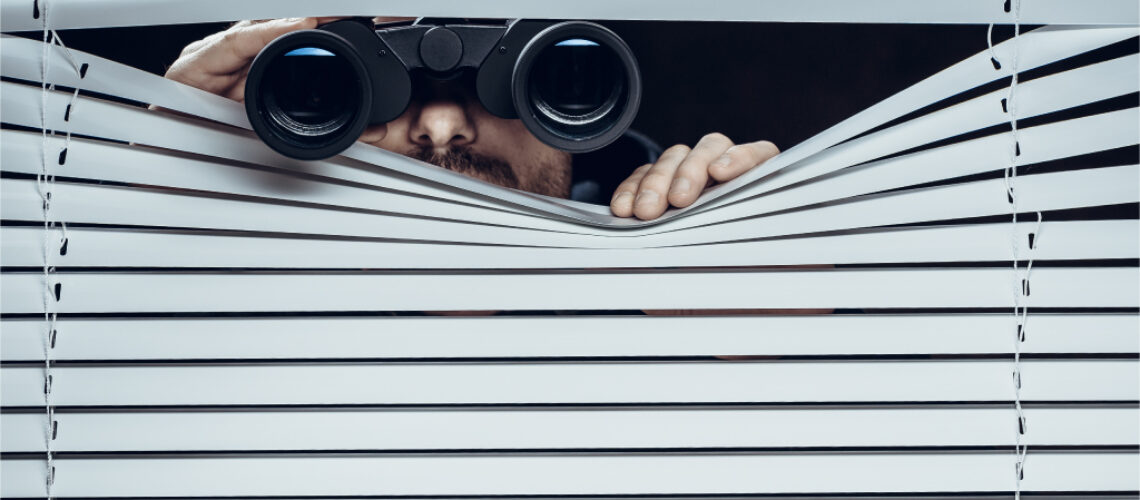How convenient: Google allows you to search not only for websites, but also for images. For example, photos of the next holiday destination, pictures for your own website or illustrations for a presentation. Google shows millions of images that are easily accessible to the public. We have followed the following exciting questions and news about the world’s most frequently used picture search engine.
Table of contents: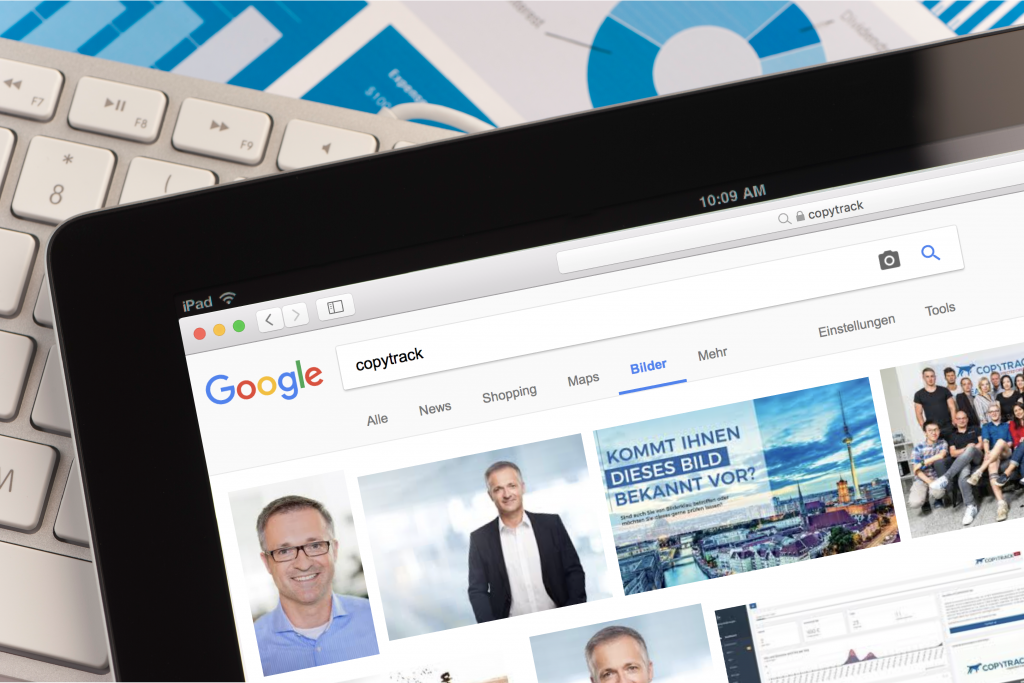
Can I Use Images from Google Image Search?
Memes are so common today that they’re practically inescapable – and when one becomes popular, it spreads through the internet like wildfire. It’s easy to see why; there’s not much to dislike about memes. They make you laugh, they lighten up serious topics, you can share them with your friends, and the list goes on. However, did you ever stop to think, “are memes copyrighted?” If they are, who owns them and how is ownership determined? As it turns out, the topic of meme copyright law is not so black and white.
Many Internet users are unsure whether they can simply take pictures from the Internet. A widespread conviction is that Google provides everything free of charge. There it says then: We use excluding free pictures of Google. Or also: We thought, the pictures with Google give it free of charge.”
In fact, when using images found by search engines, it must always be assumed that they are protected by copyright. The pictures or also graphics may be used and published exclusively with the permission of the picture right owner. As a rule, the copyright holder also determines what a use should cost and who must be named as the author and/or copyright holder of the picture.
“That pictures from the net may be used free of charge and without naming the photographer or other picture right owners is only rarely the case”, says Marcus Schmitt, Managing Director of Copytrack. To search Google for photos and use them for your own projects is not a good idea.
Google itself points out that the images may be “copyrighted,” and recommends that you use the advanced search feature to find “reusable images. The “Rights of Use” filter in the advanced search filters out images that Google allows you to use or share royalty-free. Nevertheless, the search for “reusable images” does not ensure that the search results can really be used without a license. Here, too, caution is advised.
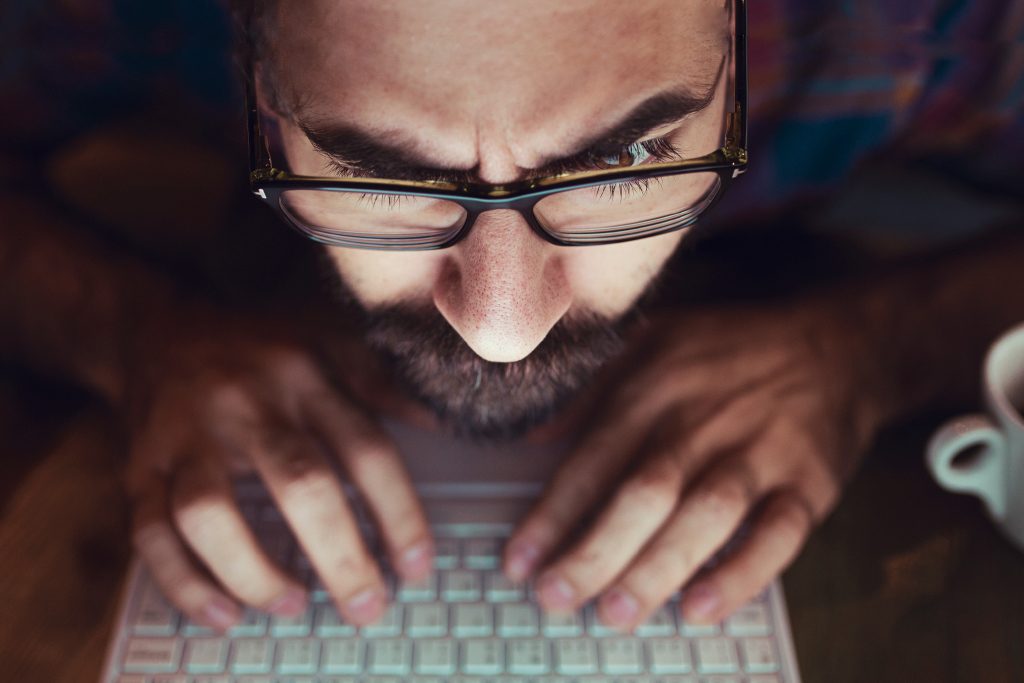
Does Google Violate Copyrights with Its Image Search?
According to § 19a UrhG pictures may only be used with the consent of the author. However, Google uses its image search to compile a collection of linked images, which are displayed to the user in small format – as thumbnails – for selection. Do Google and other search engine operators who offer an image search commit copyright infringements on a massive scale?
→ 2010
This question has been of concern to the Federal Court of Justice (BGH) for many years. In 2010, a fundamental decision was made as to whether the presentation of the results of the Google image search constitutes a copyright infringement. According to the principles of copyright law, this should have been affirmed, but the Federal Supreme Court considers authors to be responsible for protecting their images.
After all, they can make the contents of their pages inaccessible to search engines if they do not want them to be listed in Google’s search results. The BGH therefore decided to privilege search engine operators at the authors’ expense.
→ 2017
In 2017, the BGH was confronted with the question of whether search engine operators were liable at least if third parties uploaded the images without the permission of the authors and made them accessible for image searches. Here, too, the court ruled in the interest of the search engine operators and rejected their responsibility. Google may therefore also show images that have been put online without the author’s consent.
→ 2018
In February 2018, the issue was again decided by the Federal Supreme Court.
This time the question was whether search engine operators should check the content of websites they link to for legality with regard to copyright infringement. The BGH has again ruled in favour of search engine operators: As an “indirect disrupter”, Google does not have to check linked pages for possible criminal content.
In the opinion of the judges, the Internet would not be useful for the individual without the help of search engines “because of the flood of data that can no longer be overlooked”.
In fact, the result list of the image search generally only serves to quickly find the searched image on the linked websites and not necessarily the actual use.
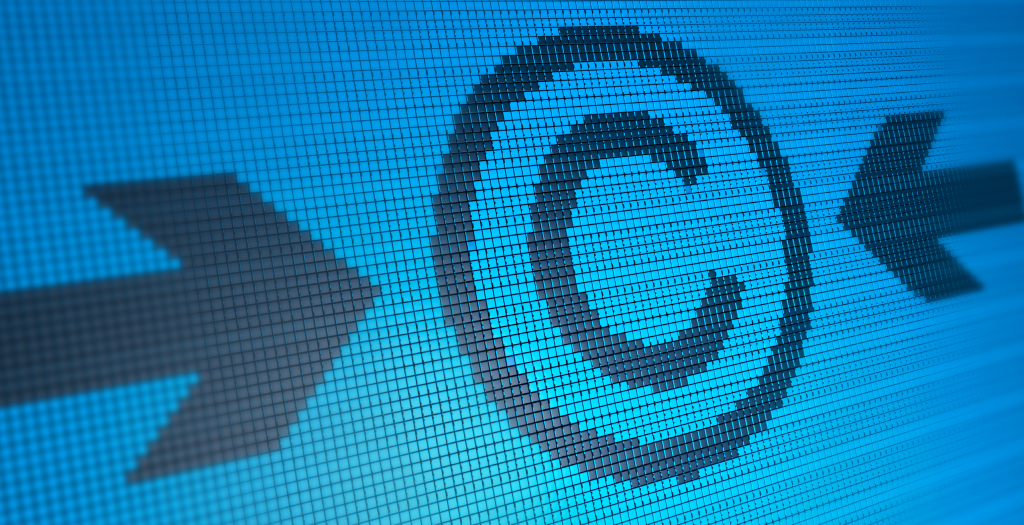
Does Google Image Search Show Metadata?
The good news for photographers is that Google image search now shows metadata about authors and copyright holders directly on images. To prevent users from seeing Google Images as a self-service store and permanently violating copyrights, Google signed a license agreement with Getty Images in early 2018 after years of dispute.
In the past, Google had extracted the results of its image search from the context of the website and showed them in images. Getty saw this as a copyright violation and filed a complaint with the EU Commission, claiming Google had abused its market power, claiming that with this type of functionality, users would have less of an incentive to visit the actual websites themselves.
According to the new agreement, Google updated its image search and now the origin of the pictures is displayed more clearly and photos are no longer linked as inconspicuously as before. Directly next to the picture you can now see the information “Creator”, “Credit”, and “Copyright Notice” (if the uploaded picture has this information). Previously, it was only possible to access this information via several intermediate steps but now simply clicking on the “Image Credits” field is sufficient.
The new image search was developed as part of a collaboration between Google, the international umbrella organization of the image industry – CEPIC – and the IPTC, the world association of news agencies and newspapers for the technical standardization of news exchange. A guide for photographers, photo agencies, and publishers will also be produced explaining how copyright information is incorporated into image metadata.

Does the New Google Image Search Reduce Image Theft?
The new feature is a step in the right direction and represents a significant improvement: it is now much easier for users to access copyright-relevant information and avoid copyright disputes in the first place. It may even sharpen the general perception of copyright issues.
However, image theft will not be prevented by the additional copyright information in Google’s image search. Photos accessible on the internet will continue to be used without the appropriate license being acquired.
This is annoying and damaging for photographers, picture agencies, and all other authors or copyright holders. However, with Copytrack, they have a strong partner at their side to take effective action against image theft. The Copytrack search engine reliably finds stolen images on the internet and enables the international enforcement of copyright claims.
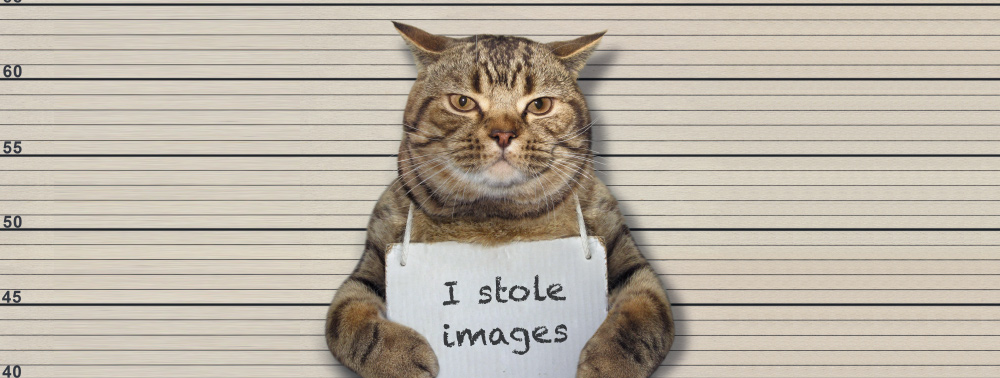
Google Has Removed the "View Picture" Button - Does This Mean No More Picture Piracy?
In order to prevent the unrestrained theft of pictures on the net, Google removed an important image search function in February 2018: the button with which an image could previously be opened directly and displayed in full. With this innovation, Google hopes to see a decline in the free use of copyrighted works.
After Google and Getty Images agreed to make it harder to access Getty Images’ images, the world’s largest search engine is now extending this change to its entire image search. Site operators can now more clearly display copyright notices. Users are redirected to the original site and must either search for the image there or open it in a new tab by right-clicking.
Can the problem of image theft be solved in this way? Unfortunately not, because there is still the possibility to visit the original site, open the picture in full resolution, and use it illegally. After all, Google has no interest in making it harder for users to provide information and content – that would undermine its own business model based on making content publicly available.
Although Google is cooperative and has made a worthwhile license deal with Getty Images, the problem of illegal image use is still not solved.. Instead of opening the door to image piracy as before, Google is now just leaning on it. With one or two more clicks, the picture theft continues as before. Photographers and other rights holders still have to protect their copyrights themselves.
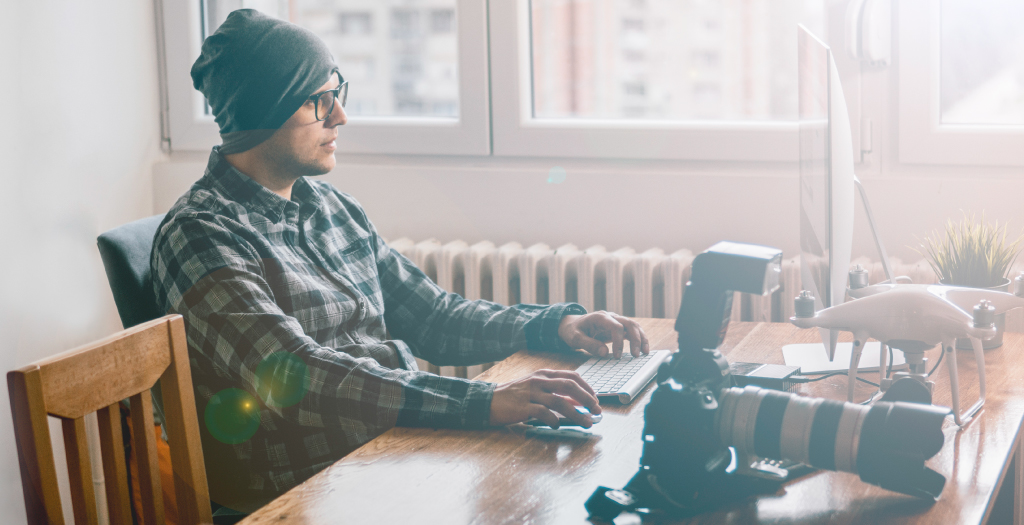
Can Finding Your Images with Google Reverse Image Search Protect Against Image Theft?
If users can easily search Google for images, isn’t it also possible for photographers to benefit from this feature? Just upload a photo and see who uses it on the web? That sounds almost too good to be true, doesn’t it?
With reverse image search you can, according to Google, “use an image as a basis for searching for similar images from all over the web”. No more and no less. This reverse image search is not intended to make it easier for photographers and other authors to find license violations, it just shows similar images, websites that contain the image, and other sizes of the image being searched for.
With Google’s reverse image search, you can get a rough idea of whether an image is being used on other web pages. The catch: Google’s reverse image search does not find all stolen photos, especially if they’ve been altered or if only sections are visible. And Google’s reverse search is also very time-consuming because you have to search for each photo individually.
Better methods of finding illegally used images on the internet include special image search services such as TinEye and Copytrack – especially when it comes to larger image collections. You can use such services to search thousands of photos in parallel and achieve much more precise results.
For more information on image theft, please refer to our ‘How to find stolen images‘ guide
Editor: Dr. Daniela Mohr
https://support.google.com/websearch/answer/112511?co=GENIE.Platform%3DDesktop&hl=de#
https://www.netz.de/netzkultur/news/bildersuche-ohne-vorschau-google-schickt-euch-zukuenftig-direkt-zur-webseite
https://t3n.de/news/gegen-bilderklau-google-entfernt-951927/ https://www.googlewatchblog.de/2018/09/feiertag-fotografen-die-google/ https://www.golem.de/news/bundesgerichtshof-suchmaschinen-muessen-inhalte-nicht-vorab-pruefen-1802-133032.html

